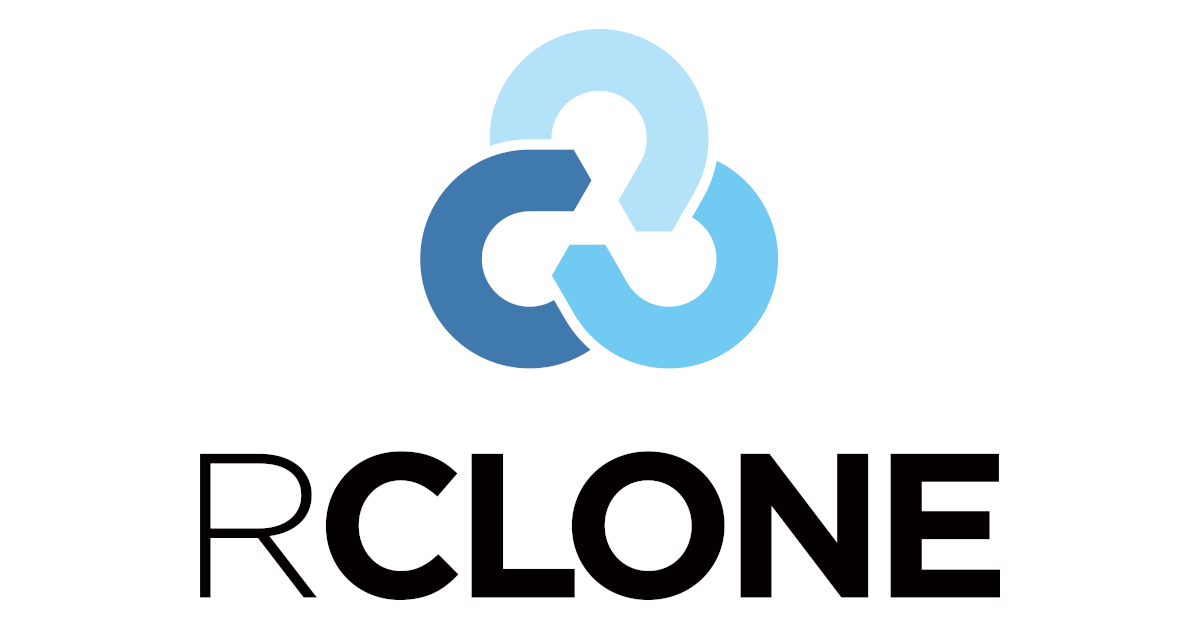In the meantime you might try rclone with mount option
Upload all files to an object store
Collapse
X
-
Hi,
1. No. But it can be easily implemented by a developer.
2. You need to add some logic (it can in BeforeSave hook for Attachment) that sets different 'storage' attribute ('EspoUploadDir' or 'AwsS3') depending on conditions. An attachment record has the 'storage' attribute that indicates what storage implementation to use.Last edited by yuri; 10-19-2021, 06:43 AM.Leave a comment:
-
Hi,
How is it going with AWS S3 to you guys? It seems to be working, but I have a few questions:
1. Are you capable to separate diverse attachments? Let's say I upload .png pictures as "Attachment Multiple" (field - attachments, type - image/png) and .pdf documents as "File" (field - file, type - application/pdf) and they are all uploaded to AWS S3 in the same bucket. Is it possible to upload them to different buckets? I want to set different lifecycle rules to .png and .pdf files (I want to delete .png pictures after 180 days, but not the .pdf contracts with clients). Do you have any ideas on how could I implement that?
2. Is it possible not to send "File" type attachments to AWS, but keep them in the CRM data/upload folder?Last edited by Laimonas; 10-18-2021, 10:04 PM.Leave a comment:
-
Has anyone made any progress on this? It would be a huge enhancement for my environment. I really want to put my CRM files somewhere other than the container or host.Leave a comment:
-
Ok, I'm stuck on something that I think should be straightforward, or at least documented...autoloading a file from composer in a module.
Here's my directory structure:
My autload.json looks like this:Code:Espo/Modules/S3storage/ Core/ Filestorage/ Storages/ AmazonS3.php Resources/ autoload.json vendor aws/aws-sdk-php/... ...other files... autoload.php
and my AmazonS3.php file starts like this:Code:{ "AmazonS3": "Espo/Modules/S3storage/vendor/autoload.php" }
The error I keep getting is:Code:<?php namespace Espo\Modules\S3storage\Core\FileStorage\Storages; use \Espo\Entities\Attachment; use \Espo\Core\Exceptions\Error; use Aws\S3\S3Client as S3Client; use Aws\Exception as AwsException; class AmazonS3 extends \Espo\Core\FileStorage\Storages\Base { ... }
And here is my autoload_psr4.php file in my module "vendor/composer"Code:Espo.ERROR: Uncaught Exception Error: "Class 'aws\S3\S3Client' not found"
Based on the Amazon documentation, I'm pretty sure I'm calling the namespaces correctly. However, if someone could let me know if I'm loading the aws library properly given my directory structure, that would be hugely helpful.Code:<?php // autoload_psr4.php @generated by Composer $vendorDir = dirname(dirname(__FILE__)); $baseDir = dirname($vendorDir); return array( 'Symfony\\Polyfill\\Php72\\' => array($vendorDir . '/symfony/polyfill-php72'), 'Symfony\\Polyfill\\Mbstring\\' => array($vendorDir . '/symfony/polyfill-mbstring'), 'Symfony\\Polyfill\\Intl\\Idn\\' => array($vendorDir . '/symfony/polyfill-intl-idn'), 'Psr\\Http\\Message\\' => array($vendorDir . '/psr/http-message/src'), 'JmesPath\\' => array($vendorDir . '/mtdowling/jmespath.php/src'), 'GuzzleHttp\\Psr7\\' => array($vendorDir . '/guzzlehttp/psr7/src'), 'GuzzleHttp\\Promise\\' => array($vendorDir . '/guzzlehttp/promises/src'), 'GuzzleHttp\\' => array($vendorDir . '/guzzlehttp/guzzle/src'), 'Aws\\' => array($vendorDir . '/aws/aws-sdk-php/src'), );Last edited by jflores; 05-09-2020, 04:11 AM.Leave a comment:
-
I'm working through this and am stuck trying to instantiate my S3 class.
In my approach, I decided to use a module because I wanted to use Composer to install the Amazon PHP SDK in order to make it "easy" to configure PUTs adn GETs from Amazon S3.
So, here's what I've done.
1. Created a Module Directory
My module is in `application/Espo/Modules/S3storage/FileStorage/Storages/AmazonS3.php`
2. Installed Amazon PHP SDK in application/Espo/Modules/S3Storage
I followed the Amazon documentation here to install the SDK. Once it was installed, I created a file: application/Modules/S3Storage/Resources/autoload.json that referenced the SDK autoload.php:
application/Modules/S3Storage/Resources/autoload.json
3. Added the defaultFileStorage parameter to data/config.phpCode:{ "AmazonS3": "application/Espo/Modules/S3storage/vendor/autoload.php" }
4. Added the implementationClassNameMap to application/Modules/S3Storage/Resources/metadata/app/fileStorage.json
application/Modules/S3Storage/Resources/metadata/app/fileStorage.json
5. Wrote my AmazonS3.php classCode:{ "implementationClassNameMap": { "AmazonS3": "\\Espo\\Modules\\S3storage\\FileStorage\\Storages\\AmazonS3" } }
This is where I'm stuck.Code:<?php namespace Espo\Modules\S3storage\FileStorage\Storages; use \Espo\Entities\Attachment; use \Espo\Core\Exceptions\Error; use \Aws\S3\S3Client; use \Aws\Exception\AwsException; class AmazonS3 extends \Espo\Core\FileStorage\Storages\Base { protected $dependencyList = ['fileManager','config']; [I]placeholder functions from above[/I] }
For some reason, my AmazonS3 class isn't being instantiated.
I've narrowed down where this breakdown happens to this file:
application/Espo/Core/FileStorage/Manager.php, roughly around line 63. Here's how I'm set up to debug it:
From the looks of it, the system can 'see' my module class: the implementation map seems to be referencing the files properly. If I create a type (for instance, change "class AmazonS3" to "AmazonS32" it throws an error that it doesn't recognize that class.Code:private function getImplementation($storage=null) { ... $className = $this->implementationClassNameMap[$storage]; $GLOBALS['log']->debug('Here is my $className variable:', [$className, __FILE__,__LINE__]); // Espo.DEBUG: Here is my $className variable: ["\\Espo\\Modules\\S3storage\\FileStorage\\Storages\\AmazonS3","/var/www/html/espocrm/application/Espo/Core/FileStorage/Manager.php",65] [] // Espo.DEBUG: Here is my $className variable: ["\\Espo\\Core\\FileStorage\\Storages\\EspoUploadDir","/var/www/html/espocrm/application/Espo/Core/FileStorage/Manager.php",65] [] $implementation = new $className(); $var = $implementation; $GLOBALS['log']->debug('Here is my $implementation variable:', [$var, __FILE__,__LINE__]); // Espo.DEBUG: Here is my $implementation variable: ["[object] (Espo\\Core\\FileStorage\\Storages\\EspoUploadDir: {})","/var/www/html/espocrm/application/Espo/Core/FileStorage/Manager.php",69] [] }
But, for whatever reason, it's not instantiating the class at this line:
And I'm not sure why.Code:$implementation = new $className();
Any thoughts as to why it might not be instantiating?
PS. Once I get this figured out, I"ll post the full implementation details.Leave a comment:
-
dabasystem did you guys get this to work? Any chance you're willing to share the code for the community? -
-
HiIn the company that we work, we have developed it. You can contact us by email, I guess there will be no problem!
cau@dabasystem.com
can you share the code?
Leave a comment:
-
In the company that we work, we have developed it. You can contact us by email, I guess there will be no problem!
cau@dabasystem.comLeave a comment:


Leave a comment: